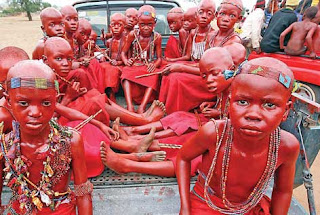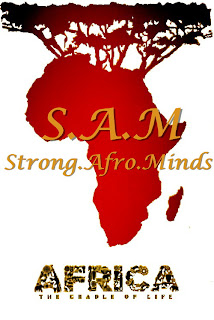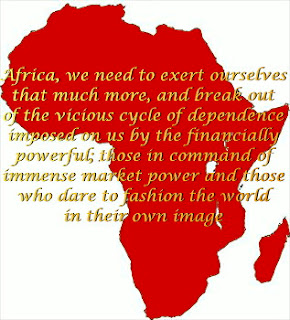Power to the People
In a democracy, you never make decisions or implement changes without involving the community. This is especially true in South Africa's young democracy. South Africans were deprived the right to oppose the government for so long that now it seems like we are overcompensating. Mind you, I'm not complaining about the number of protests around the country but I am surprised when people who should know better allow for things to escalate to unbearable levels. A prime example of what I'm talking about is what happened in Mseleni Village located in Umhlabuyalingana. A development project was initiated in the area that would have resulted in 200 jobs for the local community. The area is beautiful and tranquil with pristine landscapes and dense untouched forests. The people who live here, although touched by civilization still live off the land and the river that runs through the village. The proposed project was that of a game reserve and the area is perfect for it. This wou...




